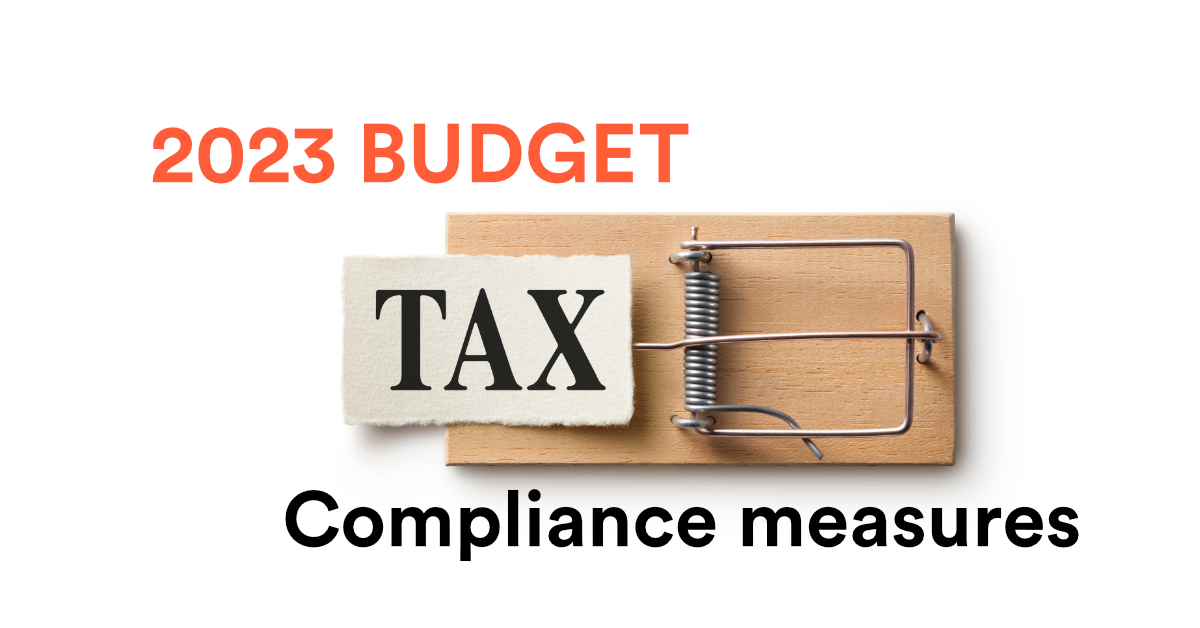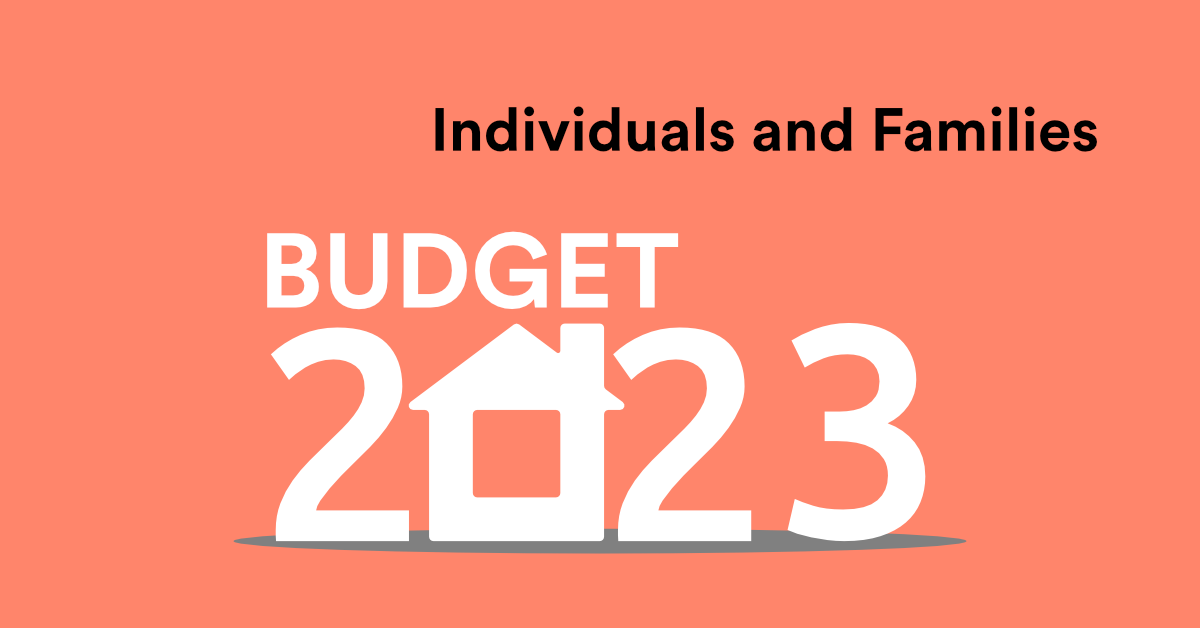Most Recent
- Accounting
- Business Owners
- Australian Taxation Laws
- Financial Planning
- Tax Planning
- Superannuation
- ATO
- Home Owners & Investors
- Professionals
- Family Business
- 23/24 Financial Year
- Trusts
- 24/25 Financial Year
- Case Studies
- Construction
- Renewable Energy & Environment
- Personal Income Tax
- Insurance Underwriting
- Self Managed Super Funds
- Payroll Tax
- WLM News
- 22/23 Financial Year
- 25/26 Financial Year

Uncertainty has reigned over the last few years, but can we expect more consistency as we head into 2024? We explore some of the key issues and influences.

As we approach the end of another eventful year, I wanted to take a moment on behalf of WLM Financial to express our gratitude for your continued trust and partnership. It has been a year marked by both challenges and opportunities, and we are..

FBT for small business is probably the most cumbersome area of tax law. The reason for this is that it requires record keeping above and beyond the numbers reported in the accounting system and relies on staff keeping detailed records every time..

Workers are owed over $3.6 billion in superannuation guarantee according to the latest Australian Taxation Office estimates – a figure the Government and the regulators are looking to dramatically change.

The 120% skills and training, and technology costs deduction for small and medium businesses have passed Parliament. We’ll show you how to maximise your deductions.

This year's budget contained a suite of measures to clamp down on tax minimisation. There were also several other policy initiatives regarding security and immigration.
This article summarises the significant changes.

The $4.2bn surplus, the first in 15 years, stole most of the headlines in this year's Federal Budget. However, there is a range of implications of importance for individuals, families and investors.
This article provides a budget overview to help..

The 'ace in the hole' of the 2023-24 Federal Budget was the $4.2bn surplus; the first in 15 years. But there's also a range of changes and implications for business.
This article provides an overview of the budget for business owners and leaders.

When you start a business, it inevitably consumes not just a lot of time but a lot of cash, and much of this is money you have already paid tax on. So, it only seems fair that when the business is up and running, the business can pay you back. Right?

The 2023-24 Federal Budget will be released on Tuesday, 9 May 2023. Look out for our update the next day on the important issues to you, your superannuation and your business.











